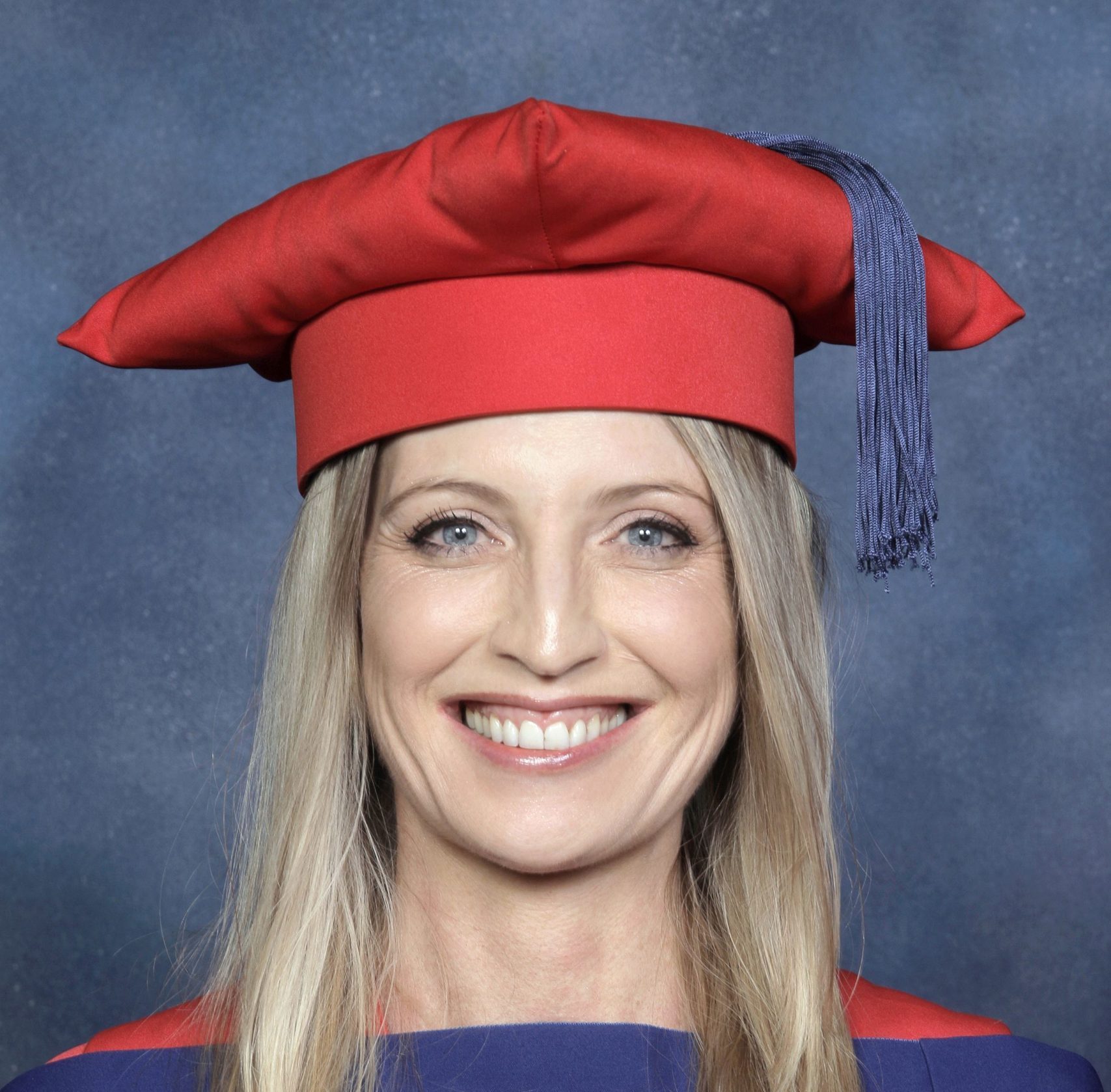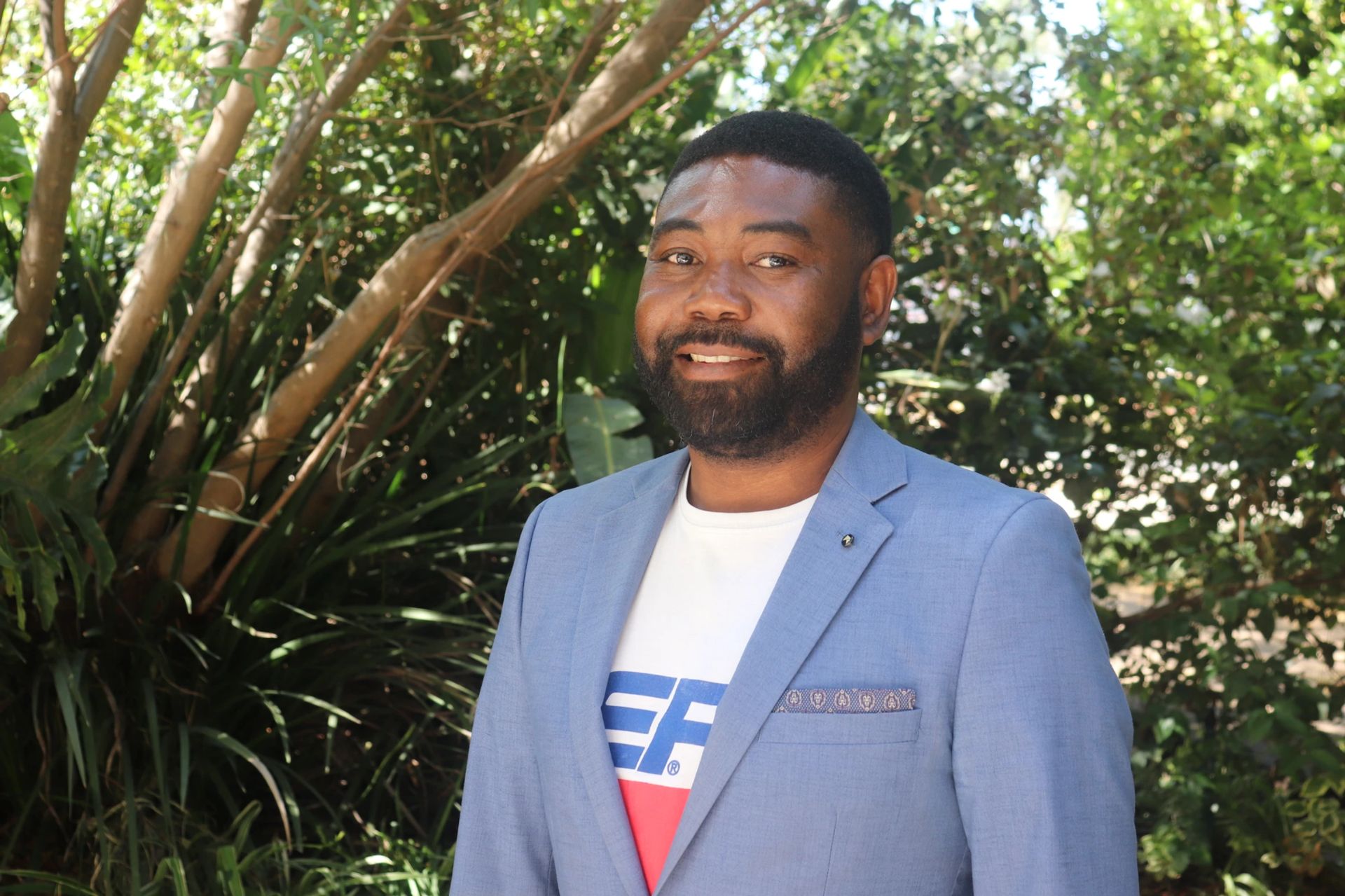Dr Juliette Fourie, could your please provide a brief overview of your career to date?
I began my academic journey in 1996 when I enrolled for a BCom in Industrial Psychology, driven by a fascination with how people behave, perform, and succeed in their professional lives. This interest led to my first job in the freight forwarding industry, where I gained a practical understanding of operations, international trade, and the complexities of freight forwarding and customs.
After completing my Honours degree, I developed a deep passion for skills development. By 2006, I founded Metro Minds, a training and development company focused on building skills within the logistics and freight sector. This venture allowed me to bridge industry practice with education and to witness first-hand the challenges organisations face in developing talent.
In 2016, I completed my Master of Science (Cum Laude), applying my research through workplace simulators to help many candidates perform better, particularly first-time job entrants. This hands-on approach not only shaped future leaders but also earned recognition through multiple innovation awards and a place among the Top 100 Most Influential Women in Supply Chain in Africa.
In 2022, I embarked on my PhD journey, the culmination of years of dedication to education, skills development, and the professionalisation of the freight forwarding and customs clearing sector. Throughout this journey, I have worked at the intersection of business, education, and leadership, guided by a belief that skills form the foundation of both personal growth and national competitiveness.
In a few words, how would you describe your journey to completing your qualification?
It has been transformative, disruptive, and deeply personal. The experience taught me resilience and intellectual humility. Completing my doctorate was not just an academic exercise, it was a process of unlearning, reframing, and integrating. It pushed me to connect theory with lived experience and to turn disruption into innovation.
What was the most significant challenge you faced during your doctorate at The DaVinci Institute, and how did you overcome it?
Balancing academic depth with business realities was my greatest challenge, along with maintaining a healthy personal and professional balance. The examination feedback at DaVinci is rigorous, and while it is not always easy to receive, it pushes you closer to excellence.
I overcame these challenges by leaning into the DaVinci community of practice, which provided both intellectual guidance and emotional grounding. I also learned to view challenges as data, every obstacle became a system to understand, not merely to survive.
Can you share a moment or experience during your doctoral studies that had a profound impact on your thinking or approach to your research?
A defining moment came during the data analysis phase, when I began coding interview transcripts through a systems-thinking lens. I realised how fragmented the sector’s approach to skills planning was, as stakeholders often operated in silos while speaking about integration.
That realisation crystallised my understanding that alignment is not an event, but an ecosystem. It shifted my focus from studying problems to designing frameworks for sustainable solutions. The key insight was that continually asking “why” leads to the truest form of evidence.
How did you incorporate The DaVinci Institute’s TIPS™ Framework into your study, and what value did it add?
The TIPS™ Framework: Technology, Innovation, People, and Systems, was not just an add-on, it became the backbone of my research. I used it to structure a strategic framework for sector skills planning, ensuring that the study addressed current gaps while preparing the industry for future technological and social shifts.
Each TIPS™ dimension strengthened the study’s relevance, ensuring it was both diagnostic and forward-looking. It addressed digitalisation, innovation, and sustainability as integral parts of the sector’s evolution.
By combining interpretivism, systems thinking, and the TIPS™ Framework, my research introduced a new way of conceptualising sector skills planning, one that is holistic, participatory, and future-focused. This integration represents a novel contribution to both theory and practice, moving the conversation beyond compliance towards a strategic, systemic, and future-oriented approach to skills development.




Leave a Reply